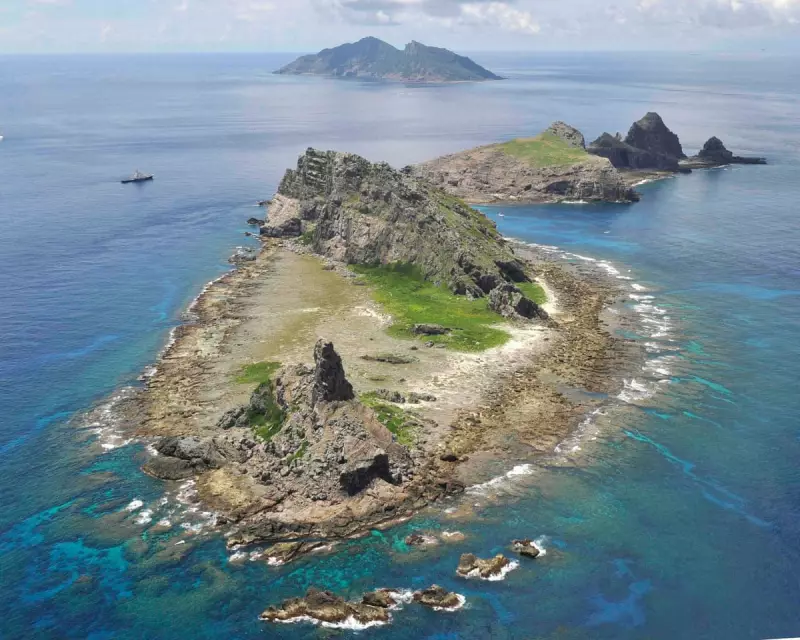
Tensions have flared in the East China Sea following a significant military and diplomatic escalation between China and Japan. The dispute centres on the strategically important Senkaku Islands, administered by Japan but claimed by China, where Beijing has deployed coast guard vessels and military drones.
Patrols and Provocations
On Sunday, the Chinese coast guard confirmed its ships had conducted a "rights enforcement patrol" within the territorial waters of the islands, which it refers to as the Diaoyu Islands. A statement declared this was a "lawful patrol operation" to uphold its interests.
This activity is the latest in a series of confrontations around the disputed archipelago. However, the current escalation was triggered by remarks from Japanese Prime Minister Sanae Takaichi, who told parliament that a Chinese attack on democratically-ruled Taiwan could provoke a military response from Tokyo.
Regional Fallout and Military Movements
Beijing, which claims Taiwan as its own territory and has not ruled out using force to achieve "reunification," reacted with fury to Takaichi's comments. The situation has since rapidly deteriorated.
In a separate development, Taiwan's defence ministry reported detecting 30 Chinese military aircraft, seven navy ships, and one official vessel, believed to be a coast guard ship, operating around the island. Maps showed Chinese drones flying close to Japan's Yonaguni island, located just 110km from Taiwan.
Japan has faced mounting pressure from China, including a formal diplomatic protest after a Chinese consul general used aggressive rhetoric, suggesting "the dirty head that sticks itself out must be cut off." Beijing also summoned the Japanese ambassador for the first time in over two years.
Economic and Educational Repercussions
The dispute has extended beyond military posturing into the economic and cultural spheres. The Chinese government has issued travel and study advisories for its citizens concerning Japan.
On Friday, Beijing cautioned against travel to Japan, prompting three Chinese airlines to offer free ticket refunds and changes. On Sunday, it urged students to "carefully reconsider" studying in Japan, citing an "unstable security environment."
This advice could significantly impact Japanese universities, which host over 123,000 Chinese students – the largest single group of foreign nationals studying in the country.
A Chinese state media editorial over the weekend accused Prime Minister Takaichi of a "dangerously provocative" political stunt, warning that a conflict between Japan and China could quickly spiral into a large-scale war involving other powers, such as the United States.
The government of Taiwan maintains that only its people can decide its future, while China's Communist Party insists unification is "inevitable." The Japanese embassy in Beijing did not immediately respond to requests for comment on the latest developments.





